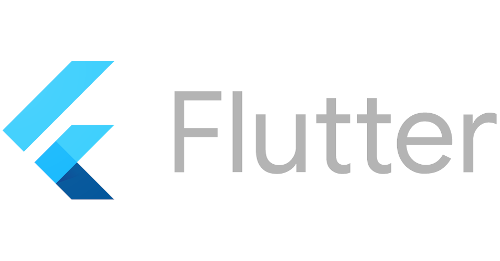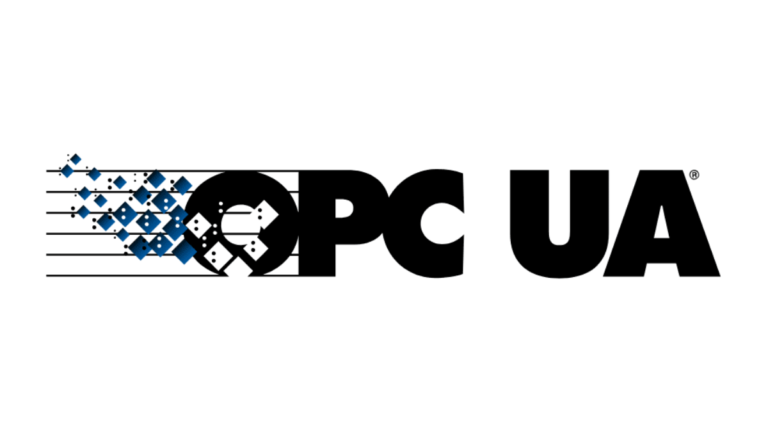It has been a while since the last blog post covering Qt OPC UA news. This short update will outline what we have primarily worked on in 2022.
Basic Historical Data Access support
Historical Data Access is defined in OPC UA part 11. It specifies how a client can access historical process values as well as events. With Qt 6.3 we added basic HDA support to the QOpcUaClient class (see here for a usage example). The support is currently limited to so called raw values.
Qt 6.5
The upcoming Qt 6.5 release (scheduled for end of march) will bring an update to the open62541 version we are using internally. We updated from a 1.1 release to 1.3.4. This primarily pulls in upstream bugfixes but as a side effect we now also support a new security policy (Aes128_Sha256_RsaOaep).
With Qt 6.5 we will now also support using OpenSSL3 as a crypto library. We have previously supported OpenSSL1.1.x.
The full list of changes can be found here.
basysKom is offering consulting, training and development services around Qt, Qt OPC UA and open62541.
Come talk to us for feature development, bugfixing or the application of Qt OPC UA in your next project.






